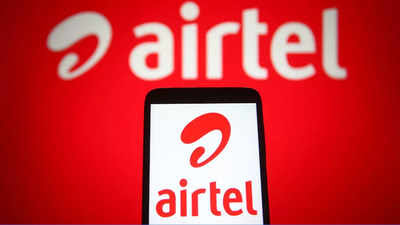In recent developments, Bharti Airtel, one of India’s leading telecom operators, has been thrust into the spotlight amidst rumors of a massive data breach affecting its 375 million users. Reports surfaced alleging that personal information from Airtel subscribers was up for sale on the dark web, raising concerns about the security of sensitive data.
Airtel swiftly responded to these claims, categorically denying any such breach. The company issued a statement asserting that the reports were baseless and mere rumors. They emphasized their commitment to maintaining the highest standards of data security and assured customers that their information remains protected.
The rumors have nonetheless sparked widespread concern among Airtel’s vast user base and the broader community of digital privacy advocates. The incident underscores the growing challenges faced by companies in safeguarding user data in an increasingly digital and interconnected world.
As the situation unfolds, experts suggest that transparency and proactive communication from companies are essential in addressing such concerns. Customers are advised to remain vigilant, monitor their accounts for any suspicious activity, and follow best practices for protecting personal information online. The implications of data breaches can be far-reaching, affecting not just individual users but also trust in digital services as a whole.
While Airtel has firmly denied the alleged data breach, the incident highlights ongoing challenges in maintaining robust cybersecurity measures. As technology evolves, ensuring the security and privacy of user data must remain a top priority for companies and regulators alike. Vigilance and prompt response to potential threats are crucial in mitigating risks and restoring trust in digital ecosystems.

